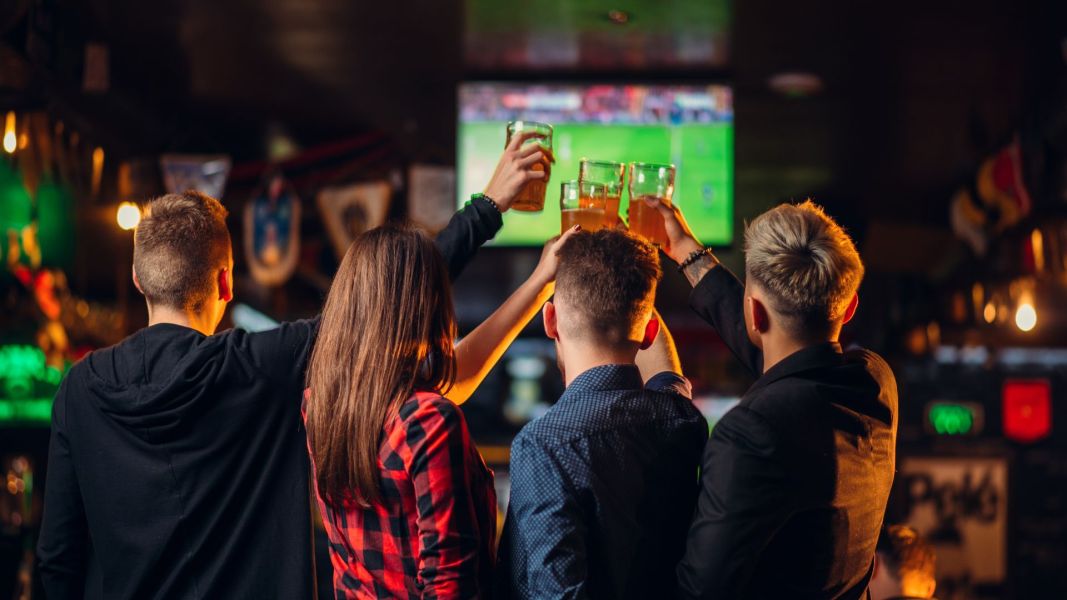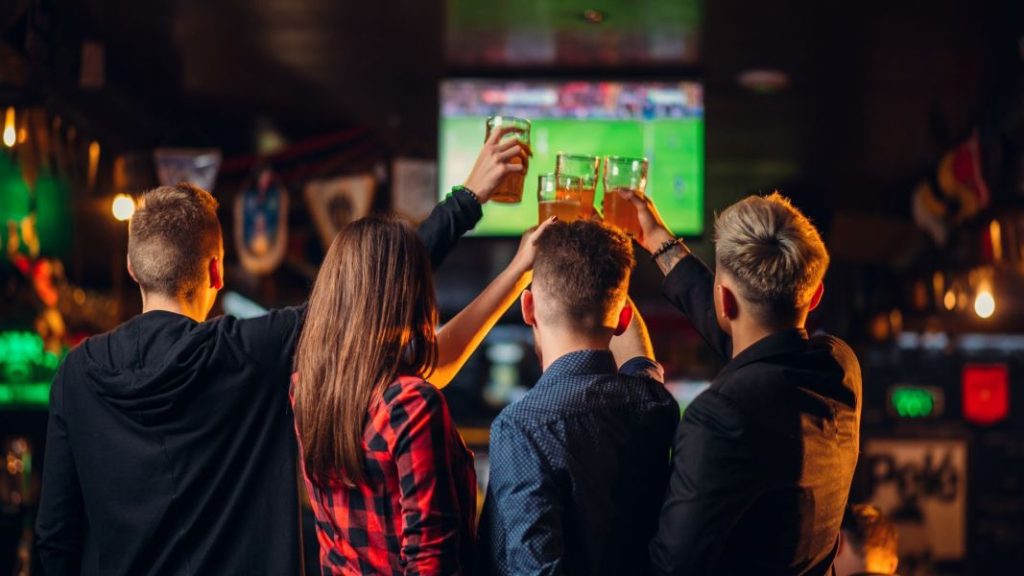Legalized sports betting has transformed state economies across the U.S., with Missouri now positioned to unlock a significant revenue stream. Lawmakers, local officials, and industry leaders are engaged in discussions about taxation structures, legislative frameworks, and implementation timelines. The effects are expected to go beyond state coffers, with local economies, tourism, and job creation all primed for change. This article provides a detailed look at the projected financial benefits and practical considerations of bringing legal sports betting to Missouri.

Estimating State Revenue: How Much Could Missouri Gain from Sports Betting?
Missouri’s potential revenue from legalized sports betting could exceed $30 million annually, according to projections based on similar-sized states like Indiana and Tennessee. Indiana brought in over $43 million in sports betting tax revenue in 2022, while Tennessee collected approximately $68 million from its unique 20% privilege tax structure. Missouri’s proposed tax rate of 10% on adjusted gross receipts could yield between $28 million and $35 million annually, depending on market penetration and consumer participation. Analysts suggest that a mature Missouri market could see a handle exceeding $1.3 billion in annual wagers.
Taxation and Payout: Where Would Sports Betting Revenue Go in Missouri?
Missouri’s House Bill 556 and Senate Bill 30 both outline that tax revenue from sports betting would primarily support the state’s education fund. Additionally, 2% of the adjusted gross revenue is earmarked for the Missouri Problem Gambling Fund to address addiction-related programs. An estimated $4 million annually could be directed toward infrastructure revitalization projects, especially in rural areas. The revenue distribution model draws inspiration from Illinois and Ohio, where targeted reinvestment in social programs and public services has amplified public support.
Can Legal Wagering Boost Missouri’s Visitor Economy?
Tourism authorities in Missouri project that legal sports betting could generate up to 150,000 additional visits annually. States like New Jersey saw a 3% increase in tourism year-over-year following the legalization of sports betting, attributed to destination betting near sports stadiums. Missouri could replicate this through sportsbooks in St. Louis, Kansas City, and Branson, anchoring events at Busch Stadium, Arrowhead Stadium, and casino resorts. Hospitality sectors, particularly hotels and restaurants, may see a 7-10% rise in weekend revenue due to game-day bettors extending their stays.
What Local Economies Could Gain from a Statewide Sports Betting Rollout
Cities like Columbia, Springfield, and Independence stand to benefit from job creation and increased small business traffic linked to legal wagering. Missouri’s estimated 13 casinos and several hundred bar and restaurant establishments could serve as physical sportsbook locations or affiliated retail partners. Local job creation from betting-related services—such as IT, customer service, hospitality, and compliance—could total over 2,000 positions. Furthermore, counties could gain discretionary tax revenue if local opt-in clauses are added to the final bill.
From Legislation to Implementation
If passed in mid-2025, the implementation window would mirror states like Michigan, where licensing and regulatory setup took 6–9 months. The Missouri Gaming Commission would oversee licensing for mobile operators, casinos, and sports franchises. Initial licensing fees are projected at $150,000 for mobile sportsbooks and $100,000 for casinos. These upfront fees alone could generate $3 million in one-time revenue for the state. By late 2025 or early 2026, full-scale operations could begin, marking the start of recurring tax revenue streams.
Comparisons with Neighboring States: How Missouri Matches Up
Kansas legalized sports betting in 2022 and reported over $1.85 billion in total wagers during its first year, collecting $7.6 million in tax revenue with a 10% rate. Illinois, with a 15% tax, brought in over $142 million in 2023. Missouri’s market sits geographically between these two, offering the potential to capture bettors currently crossing state lines. Lawmakers anticipate reclaiming over $8 million in lost tax dollars annually from residents betting in Kansas or Illinois. This recirculated capital strengthens the case for internal legalization.
Digital vs. Physical Sportsbooks: Missouri’s Infrastructure Debate
Proposals under review include both online-only licenses and hybrid models that involve retail sportsbooks. Based on national data, online sportsbooks account for 85-90% of total betting handled in legal states. Missouri’s population of over 6 million favors a hybrid approach, with platforms like DraftKings and FanDuel expected to dominate digital bets, while local casinos may host in-person wagering lounges. A hybrid model could bring in over $25 million more annually compared to retail-only operations, especially when leveraging Missouri Promo Codes to attract new users and maximize revenue.
Regulatory Oversight and Licensing Costs
Missouri is likely to follow a tiered licensing framework with specific vetting for mobile operators and casino-affiliated platforms. Annual renewal fees are projected at $50,000 per operator, adding another $1 million in ongoing revenue. The Missouri Gaming Commission would also enforce data privacy, fair play, and geo-fencing requirements, allocating approximately $1.2 million annually for enforcement. By comparison, Pennsylvania spends $1.7 million annually on regulatory oversight but recoups 20 times that in tax returns.
Public Sentiment and Voter Impact
Polling data shows 62% of Missouri residents now support legalized sports betting, up from 48% in 2020. This rise aligns with national trends where sports betting is increasingly viewed as a form of entertainment rather than vice. Key advocacy groups include the Missouri Sports Betting Alliance, backed by professional franchises like the Kansas City Chiefs and St. Louis Cardinals. If voter-backed referendums are required, support is expected to remain strong across suburban and urban districts.
Long-Term Economic Footprint
Missouri’s sports betting market could exceed $2 billion in annual handle within three years, yielding over $50 million in yearly tax revenue under the proposed 10% model. Beyond direct taxation, economic ripple effects include $200 million in incremental spending across hospitality, media, and advertising sectors. As mobile platforms grow, cross-promotions with team apps and streaming platforms will elevate engagement.

Founder Dinis Guarda
IntelligentHQ Your New Business Network.
IntelligentHQ is a Business network and an expert source for finance, capital markets and intelligence for thousands of global business professionals, startups, and companies.
We exist at the point of intersection between technology, social media, finance and innovation.
IntelligentHQ leverages innovation and scale of social digital technology, analytics, news, and distribution to create an unparalleled, full digital medium and social business networks spectrum.
IntelligentHQ is working hard, to become a trusted, and indispensable source of business news and analytics, within financial services and its associated supply chains and ecosystems












